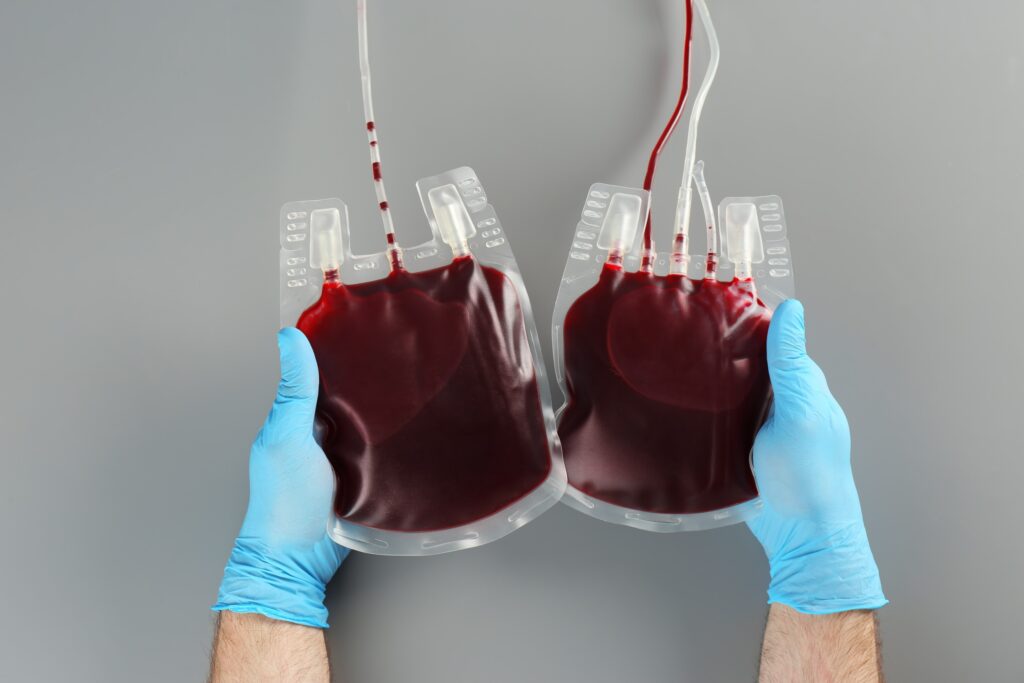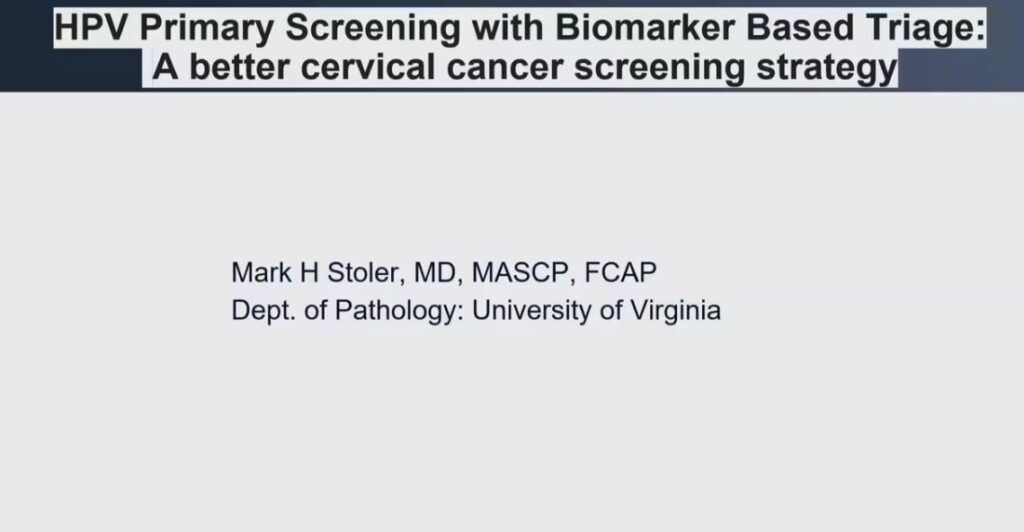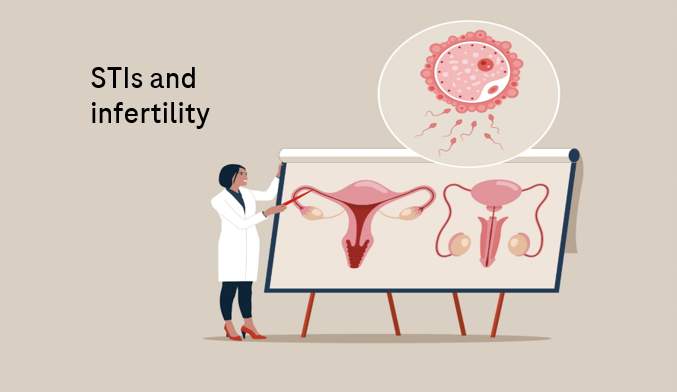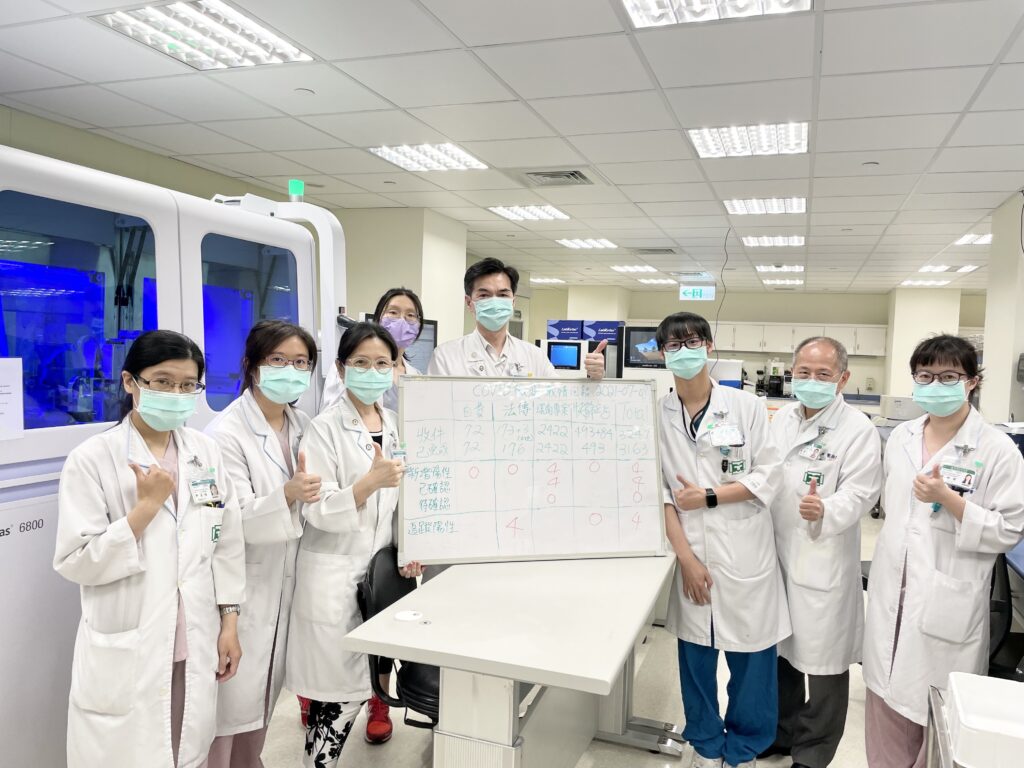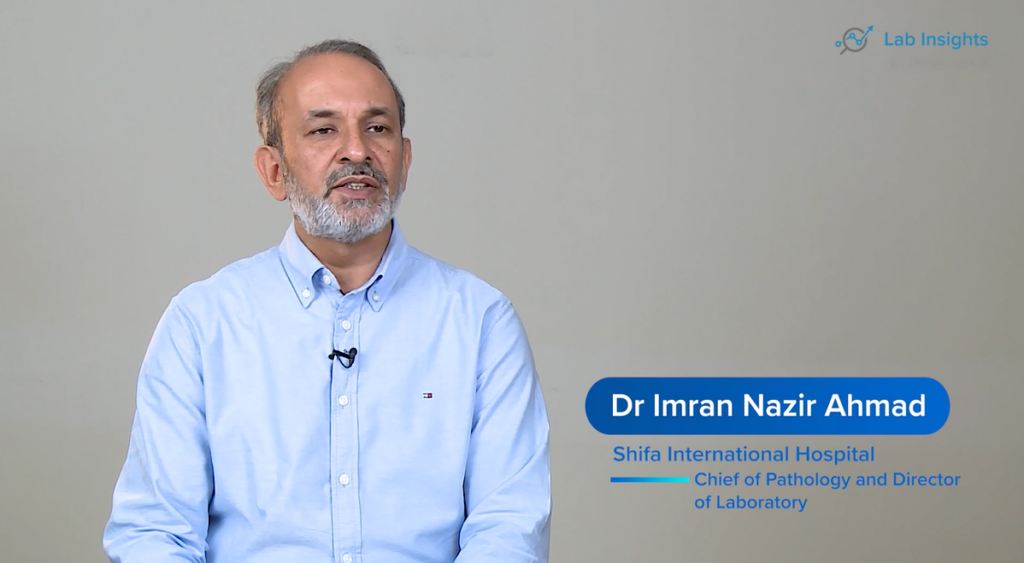International Union Against Sexually Transmitted Infections (IUSTI) World Congress 2024: key takeaways
The International Union Against Sexually Transmitted Infections (IUSTI) World Congress was recently held in Sydney, Australia. To better understand the landscape of sexually transmitted infections (STIs) and where diagnostic elements play a role, the Lab Insights team attended the conference to hear insights from global experts. Increasing access to STI care through diagnostics Increasing access […]





